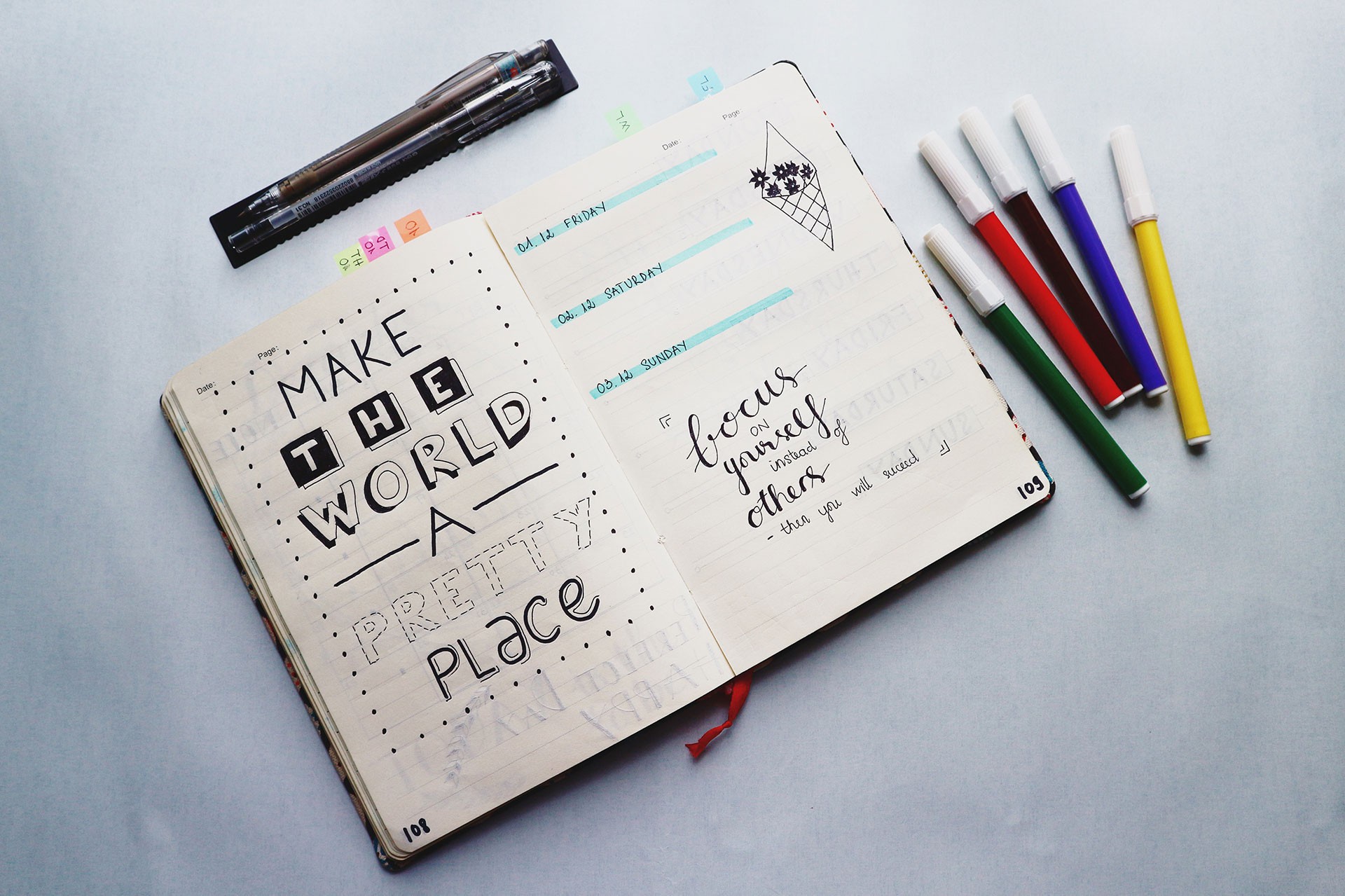
27
DecFour ideas contributing to effective parenting
Building a strong family and raising children is one of the most difficult and rewarding jobs in the world. As you know, there are no pre-established rules that guarantee that reality will always meet your expectations.
Here are some tips you should consider.
Positive reinforcement
Positive reinforcement is the best technique that I have ever applied. It works with all ages and situations. I use it when I work with my private clients and when I teach in university. When you positively reinforce someone, you highlight the potential they have and stimulate the development of this potential.
It’s an amazing way to boost one’s self-esteem (it also works when you positively reinforce yourself). For example, if you see that your child has difficulties in doing a certain task, tell them: ‘It’s good. Continue practising and next time, it will be much better. Bravo’.
When I was working as a clinical lecturer in France and teaching Psychology to medical students, I managed to boost their exam results by continuously repeating : ‘Psychology is difficult for medical students, but every week, you are becoming better and better. I am proud of you. You are doing better than what I’ve expected’.
Praising your children’s accomplishments, even the smallest ones, will make them feel proud. In addition, you can leave your children accomplish some activities and tasks independently. This increases their autonomy and contributes to the development of their emotional intelligence skills. If you want to learn more about emotional intelligence in children, click here.
By contrast, if you make negative comments to highlight what have not been done correctly or if you compare your child to another sibling or another child, your child will not build a good self-esteem and will not develop a sense of self-worth. When you ‘criticise’, try to make it constructively, i.e. try to show that even if you child didn’t do well, next time they will do much better.
Boundaries and discipline
Each successful person will tell you: ‘The secret of my success is my discipline’. Through discipline, you will enable your children to build good habits and behaviours; to learn about autonomy, responsibility, consistency and determination. These are qualities that also help understand what values are. Values couldn’t be achieved without setting up clear boundaries. To learn more about the power of boundaries, click here.
Be a good role model
Children develop their identity through imitation and identification. This means that they will observe what their parents do and will repeat what they see, no matter whether it’s good or bad. Young children can’t make a difference between good and bad. They only repeat. If you want your children to be healthy, responsible and kind – give them the appropriate examples.
Communicate with your children
You can’t expect your children to do things only because their parents ‘say so’. When doing something, no matter whether it’s right or wrong and when receiving feedback for it, children need some explanation and details. When explanations don’t come, children start to wonder about family values, motivations and dynamics. They start to feel insecure and they are unable to build healthy and clear definitions regarding how they should behave; how family and human relationships work and what is life in general. The absence of words and explanations leads to a ‘paradoxical communication’, also called ‘double bind communication’ which negatively affects your child’s mental health.
To learn more about parents-children communication, click here.
If you would like to learn more about parenting, don't hesitate to get in touch on: info@angelpsychology.com
With warm wishes,
Dr Ivanka Ezhova
Founder of Angel Psychological Therapy - Online Psychological Therapy
- 27th Dec, 2019
- Parenting











